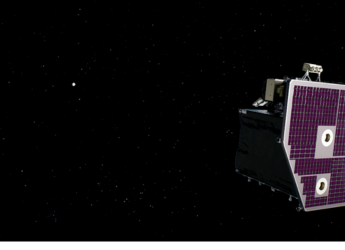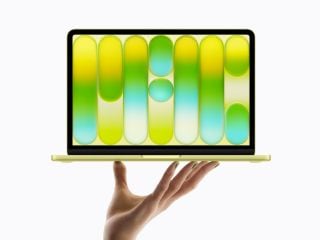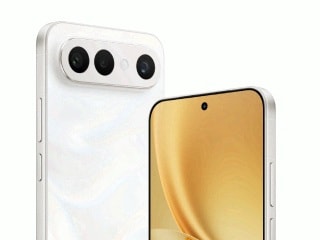- Home
- Science
- Science News
- NASA Scientists Concerned About Toilet Microbes on ISS
NASA Scientists Concerned About Toilet Microbes on ISS
NASA is concerned over the strains of the bacterium Enterobacter, identified on the toilets of the International Space Station's (ISS), which can raise potential health implications for future missions, say Indian-origin scientists at the US space agency.
Five strains of 'Enterobacter' bacterium isolated from the space toilet and the exercise platform on the ISS in March 2015 were investigated in a study led by a team from NASA's Jet Propulsion Laboratory (JPL) and California Institute of Technology (Caltech), US.
Genome sequencing of the samples revealed that all five strains belonged to a single species, Enterobacter bugandensis (E.bugandensis).
While these were not pathogenic to humans, E.bugandensis was linked to disease in neonates and a compromised patient, who were admitted to three different hospitals (in east Africa, Washington state and Colorado), the researchers said.
"Given the multi-drug resistance results for these ISS E.bugandensis genomes and the increased chance of pathogenicity we have identified, these species potentially pose important health considerations for future missions," said lead author Nitin Singh from NASA-JPL Caltech.
"However, it is important to understand that the strains found on the ISS were not virulent, which means they are not an active threat to human health, but something to be monitored," he added.
For the study, published in the journal BMC Microbiology, the team compared the ISS strains to all publicly available genomes of 1,291 Enterobacter strains collected on Earth.
They found that the ISS isolates had similar antimicrobial resistance patterns to the three clinical strains found on Earth and that they included 112 genes involved in virulence, disease and defence.
Using computer analyses, they predicted a 79 per cent probability that they may potentially cause disease.
"Whether or not an opportunistic pathogen like E.bugandensis causes disease and how much of a threat it is, depends on a variety of factors, including environmental ones," said Kasthuri Venkateswaran, Senior Research Scientist at the JPL.
"Further in vivo studies are needed to discern the impact that conditions on the ISS, such as microgravity, other space, and spacecraft-related factors, may have on pathogenicity and virulence," he noted.
For details of the latest launches and news from Samsung, Xiaomi, Realme, OnePlus, Oppo and other companies at the Mobile World Congress in Barcelona, visit our MWC 2026 hub.
Related Stories
- Samsung Galaxy Unpacked 2026
- iPhone 17 Pro Max
- ChatGPT
- iOS 26
- Laptop Under 50000
- Smartwatch Under 10000
- Apple Vision Pro
- Oneplus 12
- OnePlus Nord CE 3 Lite 5G
- iPhone 13
- Xiaomi 14 Pro
- Oppo Find N3
- Tecno Spark Go (2023)
- Realme V30
- Best Phones Under 25000
- Samsung Galaxy S24 Series
- Cryptocurrency
- iQoo 12
- Samsung Galaxy S24 Ultra
- Giottus
- Samsung Galaxy Z Flip 5
- Apple 'Scary Fast'
- Housefull 5
- GoPro Hero 12 Black Review
- Invincible Season 2
- JioGlass
- HD Ready TV
- Latest Mobile Phones
- Compare Phones
- Vivo X300 FE
- Tecno Pop X
- Apple iPhone 17e
- AI+ Pulse 2
- Motorola Razr Fold
- Honor Magic V6
- Leica Leitzphone
- Samsung Galaxy S26+
- MacBook Neo
- MacBook Pro 16-Inch (M5 Max, 2026)
- Tecno Megapad 2
- Apple iPad Air 13-Inch (2026) Wi-Fi + Cellular
- Tecno Watch GT 1S
- Huawei Watch GT Runner 2
- Xiaomi QLED TV X Pro 75
- Haier H5E Series
- Asus ROG Ally
- Nintendo Switch Lite
- Haier 1.6 Ton 5 Star Inverter Split AC (HSU19G-MZAID5BN-INV)
- Haier 1.6 Ton 5 Star Inverter Split AC (HSU19G-MZAIM5BN-INV)

















